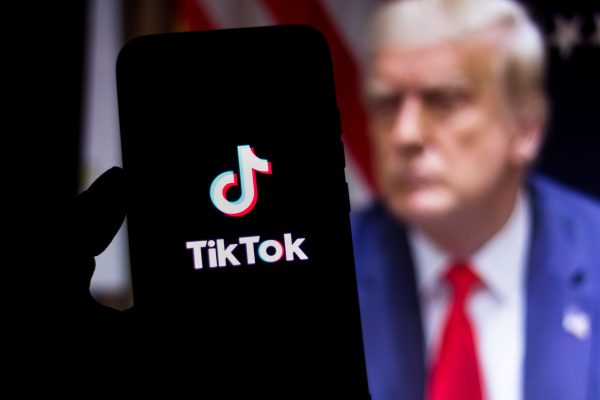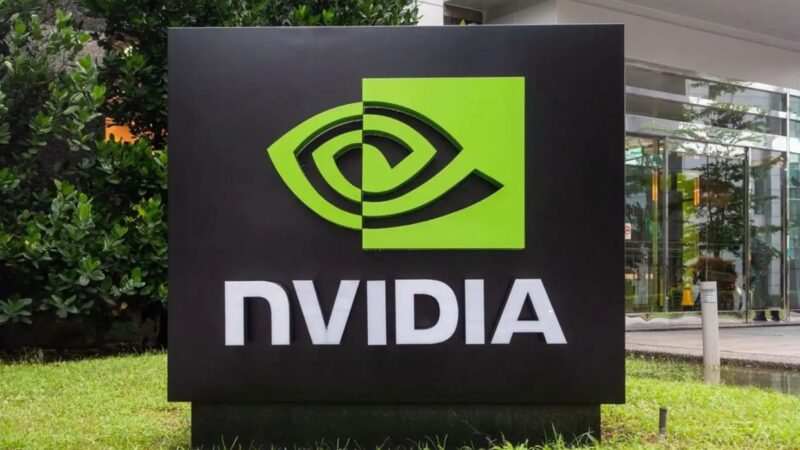Google Resolves $5 Billion ‘Incognito Mode’ Privacy Lawsuit

Google has reached a preliminary settlement in a US class-action lawsuit that accused the tech giant of violating user privacy by tracking them in “private mode.” The lawsuit, seeking a minimum of $5 billion from Alphabet, Google’s parent company, was temporarily halted as lawyers reported the settlement to US District Judge Yvonne Gonzalez Rogers.
Initiated in 2020 by law firm Boies Schiller Flexner, the lawsuit alleged that Google tracked user activity even when browsers were configured for “Incognito” or “private” mode, turning Google into an “unaccountable trove of information” on user preferences. Judge Rogers earlier this year denied Google’s attempt to dismiss the case, emphasising the lack of user consent for the alleged data collection.
While specific details of the settlement remain undisclosed, a formal agreement is anticipated for court approval by February 2024. Google defended its data practices, asserting transparency regarding information collected during private browsing and emphasising its significance for site owners in evaluating content, products, and marketing performance.
Incognito mode in Google Chrome allows users to browse without saving activity locally, although websites can use tools such as Google Analytics for tracking. The lawsuit argued that Google’s practices constituted “covert and unauthorised data collection” from nearly every American with a computer or phone.
This settlement is the latest in a series of legal challenges for Google. In a separate case, the company agreed to pay $700 million to settle accusations by US states alleging anticompetitive behaviour concerning the Play Store on Android devices. Google also faced legal action from Epic Games, where it suffered a loss, accused of unfairly establishing dominance over competing app stores.
The resolution of the “Incognito Mode” lawsuit adds to the growing scrutiny faced by major technology companies, reflecting a broader trend of increased legal and regulatory oversight of their practices in the United States and beyond.






